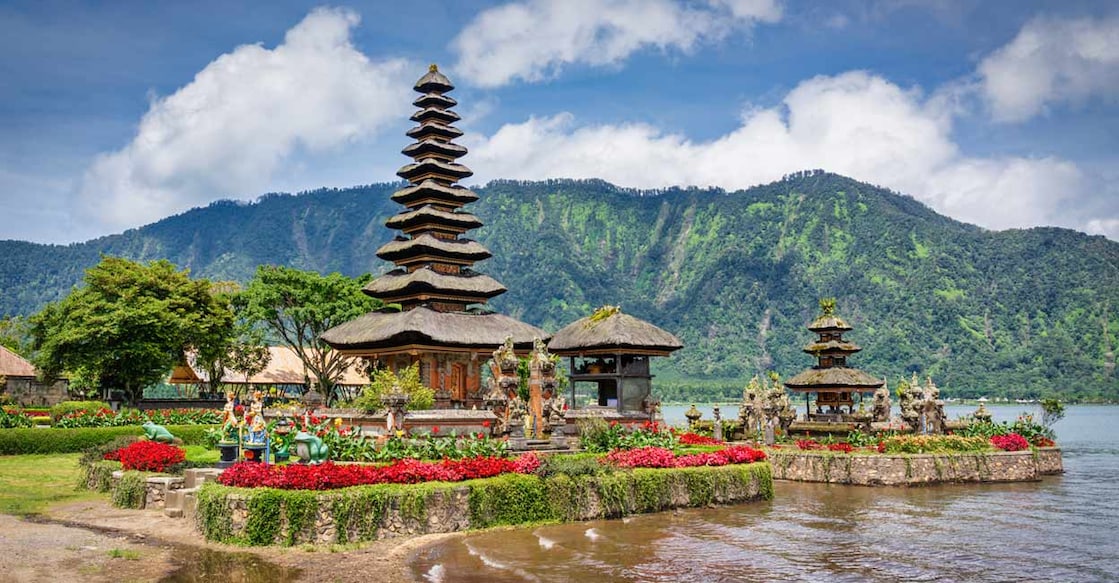Why Kerala should become a haven for artists and writers

Mail This Article
My most recent visits to Kerala have only helped confirm fears that societal pressure for young middle-class people to seek greener pastures is only growing. One would be hard-pressed to find families who aren’t keen on sending their children to the West or developed societies like Singapore for higher education with the explicit understanding that they would have to explore ways to settle down abroad.
It’s hard to believe that just five years ago, a large number of young Malayali professionals sought comfort and security by moving back to Kerala when India was locked down. Now, most multinationals have discouraged the work-from-home concept, forcing those who harboured dreams of staying back home to return to places like Bengaluru.
With the young seeking greener or rather more lucrative pastures elsewhere and many who don’t have the means turning to drugs, Kerala faces bleaker times in the future unless something is done to make the state more attractive for the youth.
One of the best ways to encourage the younger generation to stay in the state is to start initiatives to welcome writers and artists to set up shop. What if Kerala had its equivalent of Ubud, a place deeply rooted in Balinese culture and art that has attracted a large number of artists from abroad and enhanced the local economy?
While many in their 20s and 30s find Malayali society stifling, those free of family politics and generational problems in Kerala could find the state an ideal place to operate.
The state's natural beauty and parts of its culture that are accessible to ‘outsiders’ could easily inspire creative people to produce their best work. There’s also the question of the 1.5 million empty houses in the state. Many of these could definitely be put to better use and maintained properly if they were occupied by people with some sort of goals and vision in life.
The authorities could explore converting a small area with a large number of vacant houses into a creativity hub. If successful, this would be a model project that could be replicated in many locations. Such an initiative would also require the support and encouragement of the families that own the houses.
A writers and artists community would also lead to a boom in shops and small restaurants, helping local communities. A major advantage the state offers is the absolute freedom of food choices, which is shrinking across many parts of India.
The youth of Kerala would be the biggest beneficiaries of immediate exposure to dynamic and creative individuals. I have seen firsthand how a co-living and co-working space in Kozhikode that I frequent, named Vettaths, has helped serve as a bridge between young Malayalis and creative people from other parts of India and foreign countries.
Of course, Kerala needs more than places for short stays. For initiatives such as ‘Malayali Ubud’ to work, those living in areas that would host such a creative community would need to be more open and friendly to outsiders.
In May 2025, I spent a couple of weeks in the small town of Saligao in northern Goa, which has similar natural landscapes to those in the Palakkad district.
The big difference between Saligao and a place of a similar size in Kerala is the openness of the former. While Goa has its own internal politics, the state has been far more open to outsiders than Kerala.
Although some would argue that such an openness has been detrimental to Goa in many ways, the exchange of ideas between Goans and those who have been coming to the state for centuries has led to a more vibrant and colourful society.
Despite not knowing good Konkani, it hasn’t taken much effort for me to blend into Goan society during my longer stays in the state. It would be a lot more difficult for someone who doesn’t speak Malayalam to feel like an insider or a welcome outsider in Kerala.
For Kerala to stop being a place its youth want to escape from, a new set of people and ideas are needed. A thriving art and cultural scene brought forward by those who have adopted the state would go a long way in this.
